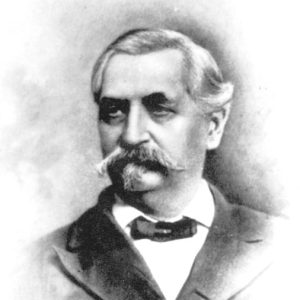 James Mitchell
James Mitchell
Gender: Male - Starting with M
 James Mitchell
James Mitchell
Mitchell, Jerry
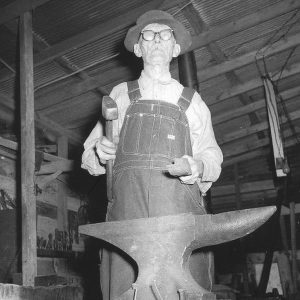 Luke Mitchell
Luke Mitchell
Mitchell, Richard Bland
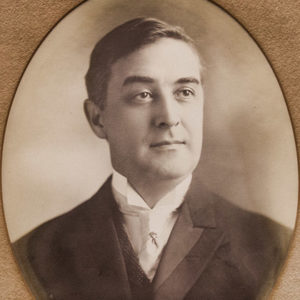 William Starr Mitchell Sr.
William Starr Mitchell Sr.
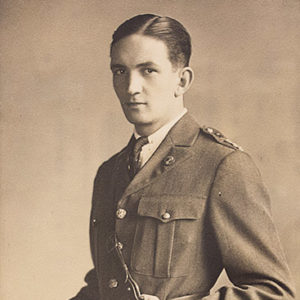 William Starr Mitchell Jr.
William Starr Mitchell Jr.
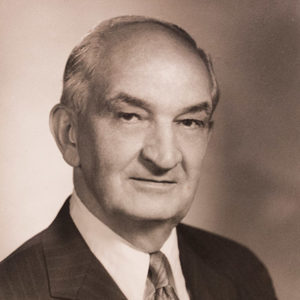 William Starr Mitchell Jr.
William Starr Mitchell Jr.
Mitchell, William Starr (Will)
Moffatt, Columbus (Execution of)
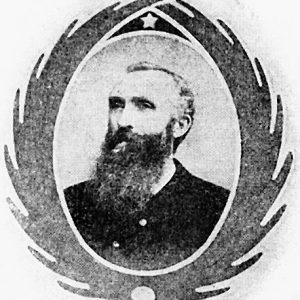 Hugh Molloy
Hugh Molloy
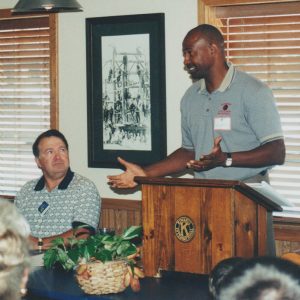 Moncrief in Cabot
Moncrief in Cabot
 Sidney Moncrief
Sidney Moncrief
 Sidney Moncrief
Sidney Moncrief
Moncrief, Sidney
 Rick Monday
Rick Monday
Monday, Rick
 Rick Monday
Rick Monday
 Rick Monday
Rick Monday
Monroe County Lynching of 1893
Monroe County Lynching of 1915
aka: H. M. Gandy (Lynching of)
aka: Jeff Mansell (Lynching of)
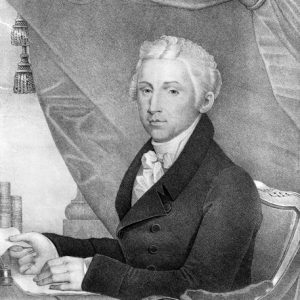 James Monroe
James Monroe
Monroe’s First/Sixth Arkansas Cavalry (CS)
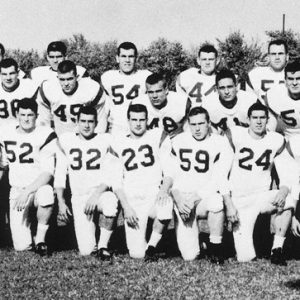 Montana State College Football Team
Montana State College Football Team
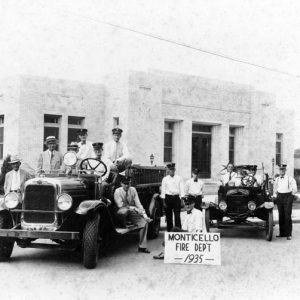 Monticello Fire Department
Monticello Fire Department
 Wally Moon
Wally Moon
Moon, Wallace Wade (Wally)
 Wally Moon
Wally Moon
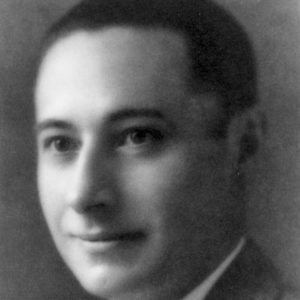 Robert Booth Moore
Robert Booth Moore
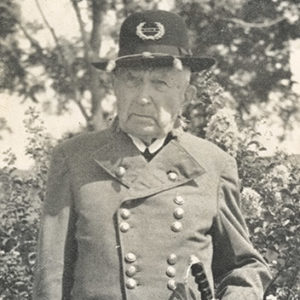 James W. Moore
James W. Moore
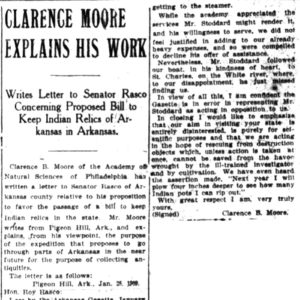 Clarence Moore Article
Clarence Moore Article
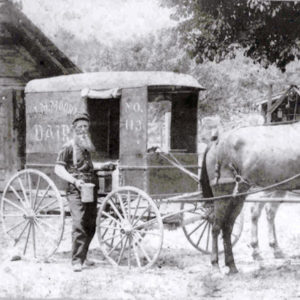 J. M. Moore Delivering Milk
J. M. Moore Delivering Milk
Moore, Clarence Bloomfield
Moore, Edward, Jr.
 Edward Moore Jr.
Edward Moore Jr.
Moore, Elias Bryan
Moore, Frank
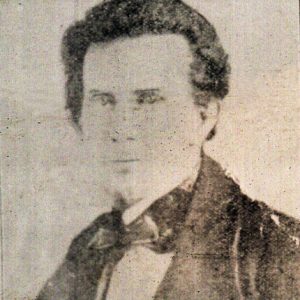 James Moore
James Moore
 James Moore
James Moore
Moore, James Norman (Jim)
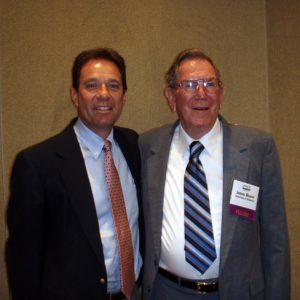 Jim Moore
Jim Moore
 Jim Moore
Jim Moore
Moore, Justin Cole
Moore, Rudy Ray
Moosberg, Carl Avriette
Moose, James Sayle, Jr.
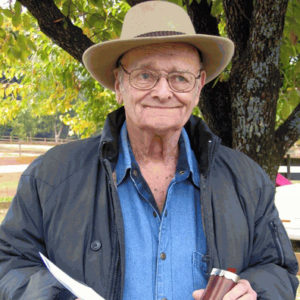 Bill Moran
Bill Moran
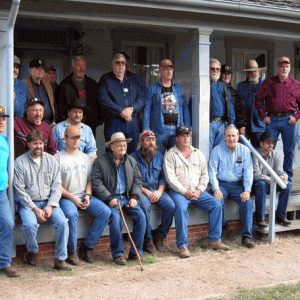 Bill Moran School of Bladesmithing
Bill Moran School of Bladesmithing
Moran, Bill, Jr.
aka: William F. Moran Jr.
Morehart, Henry
 Whitt L. Moreland
Whitt L. Moreland




